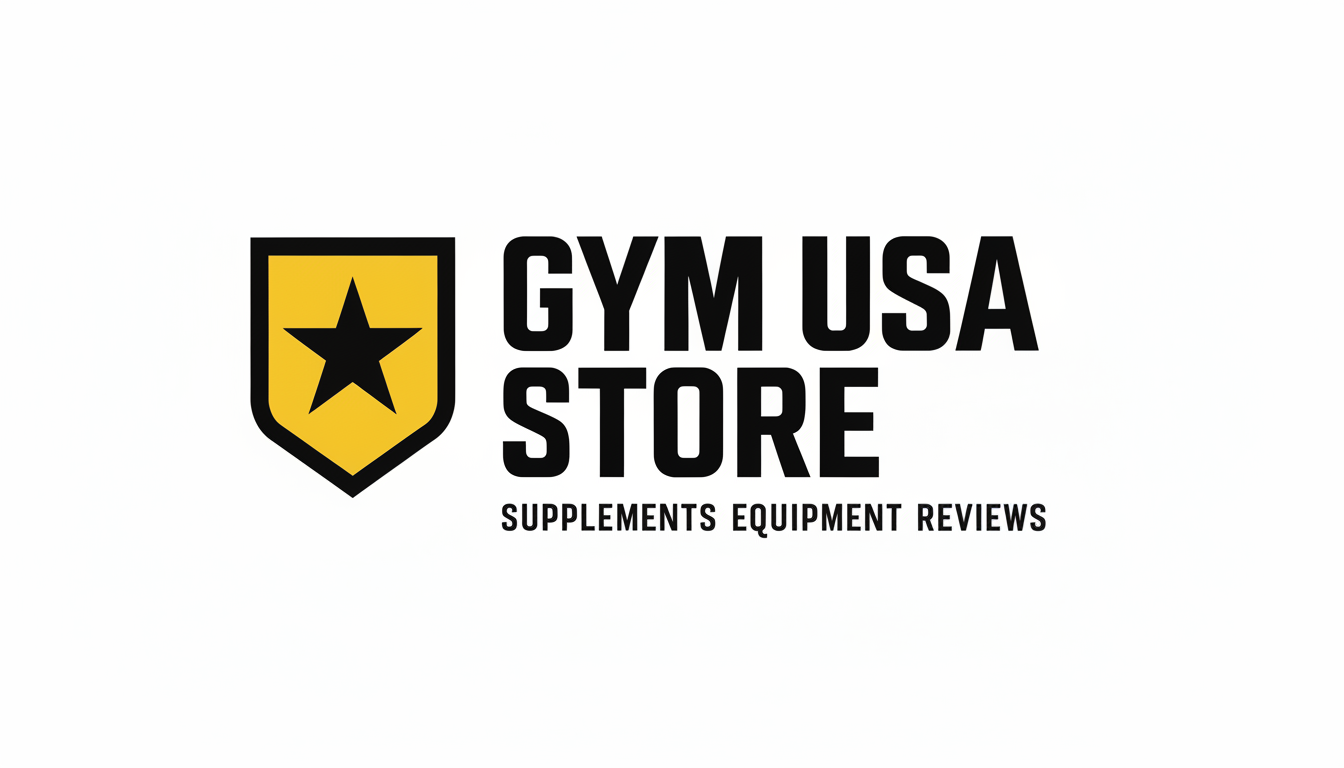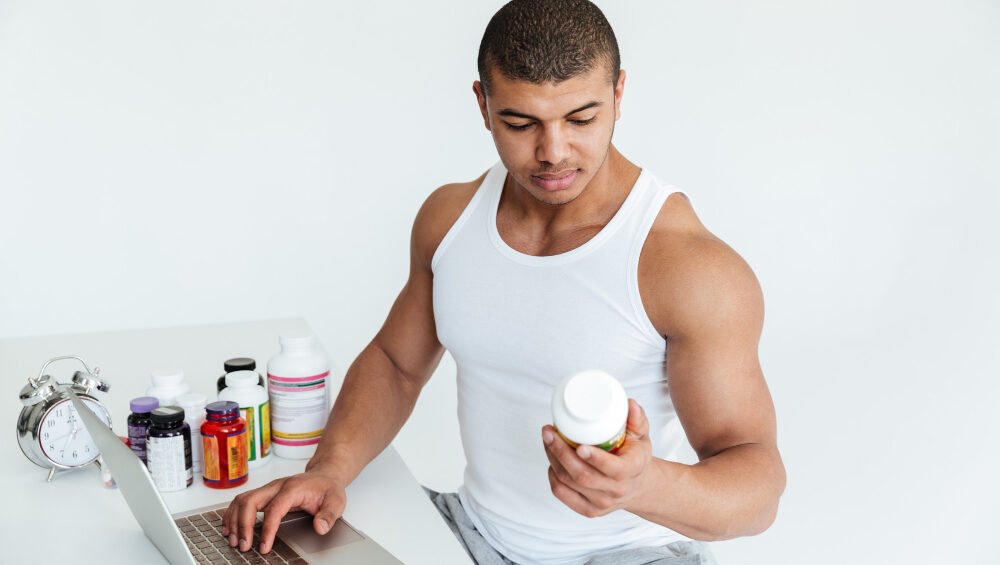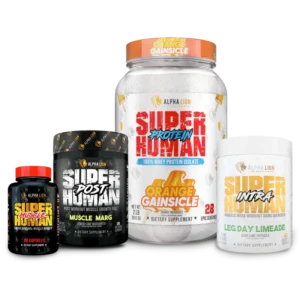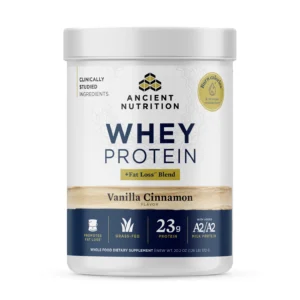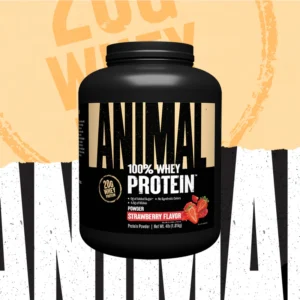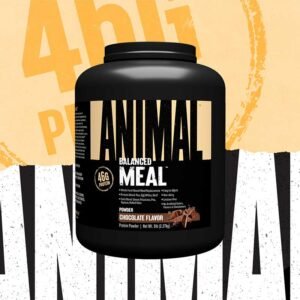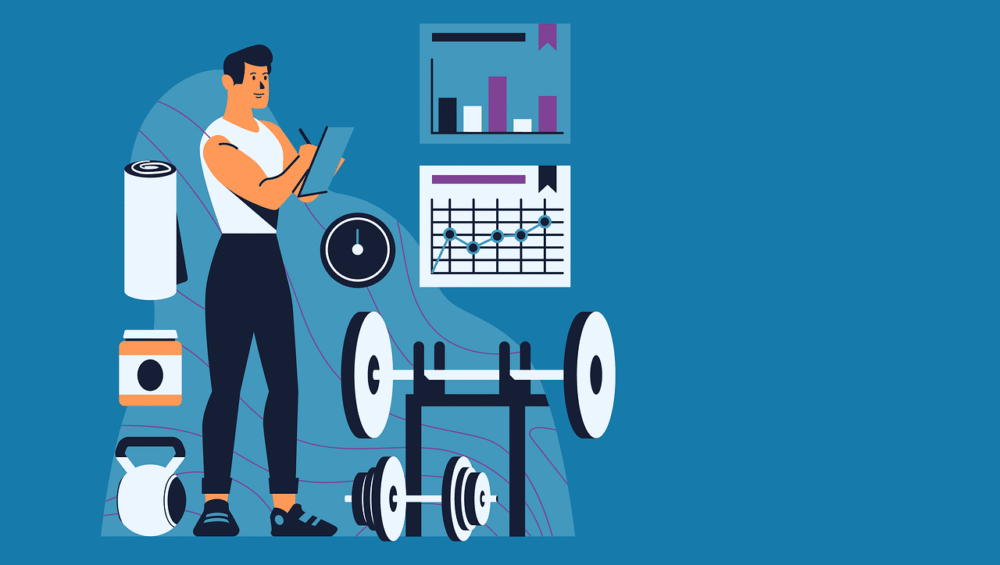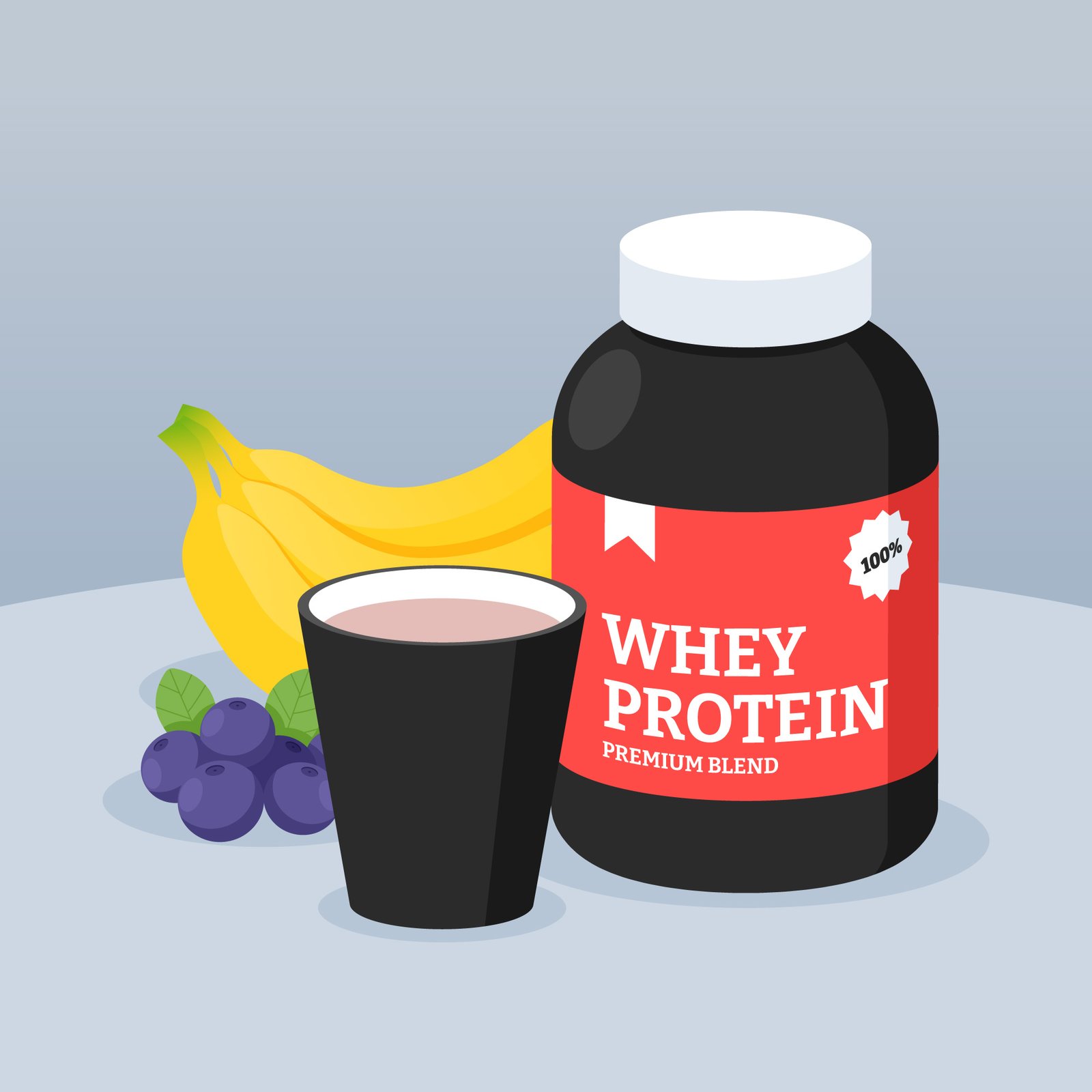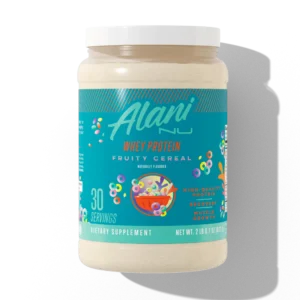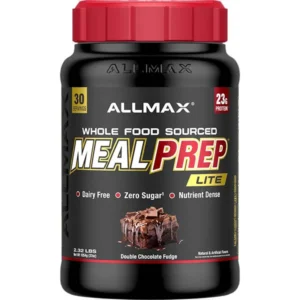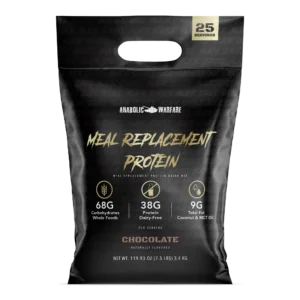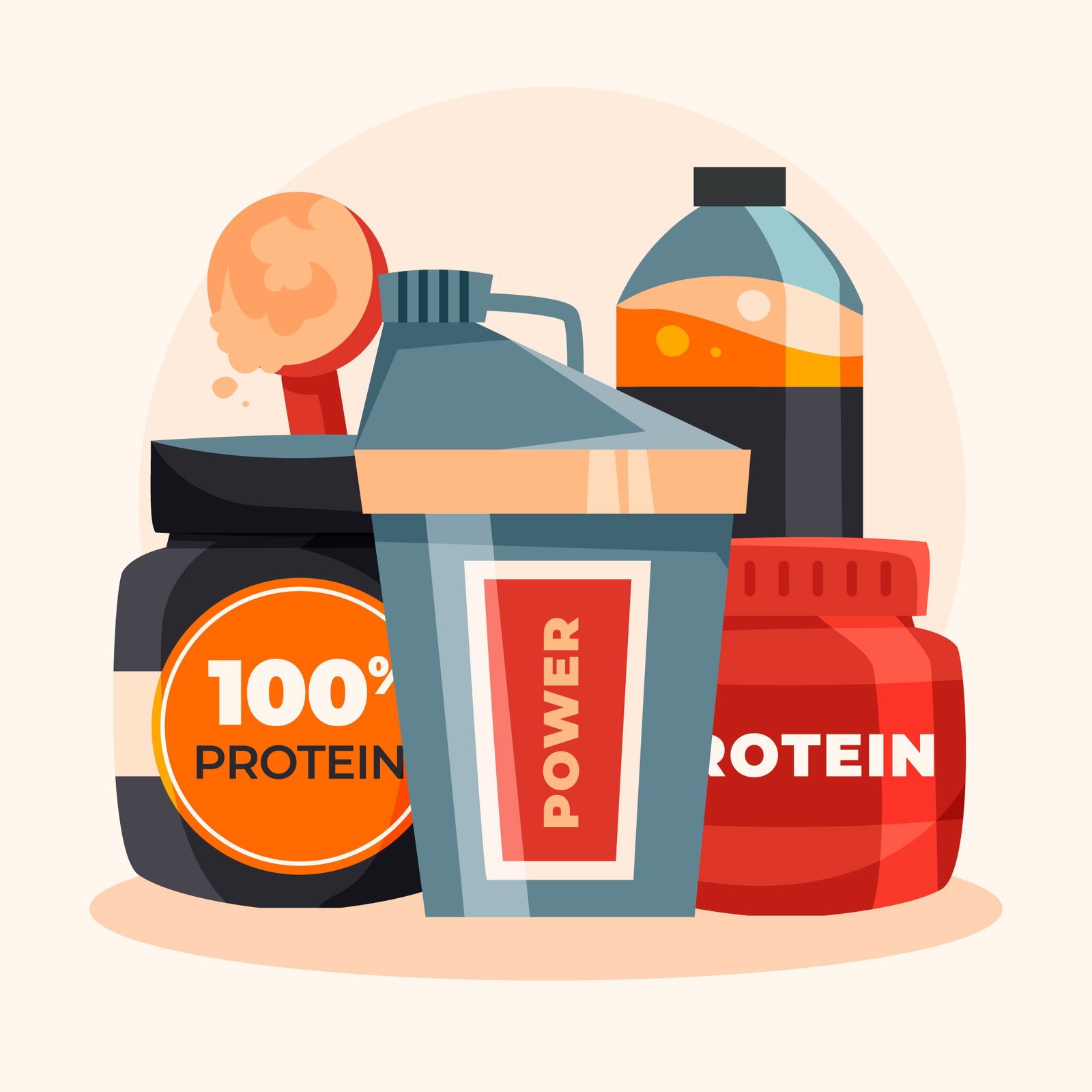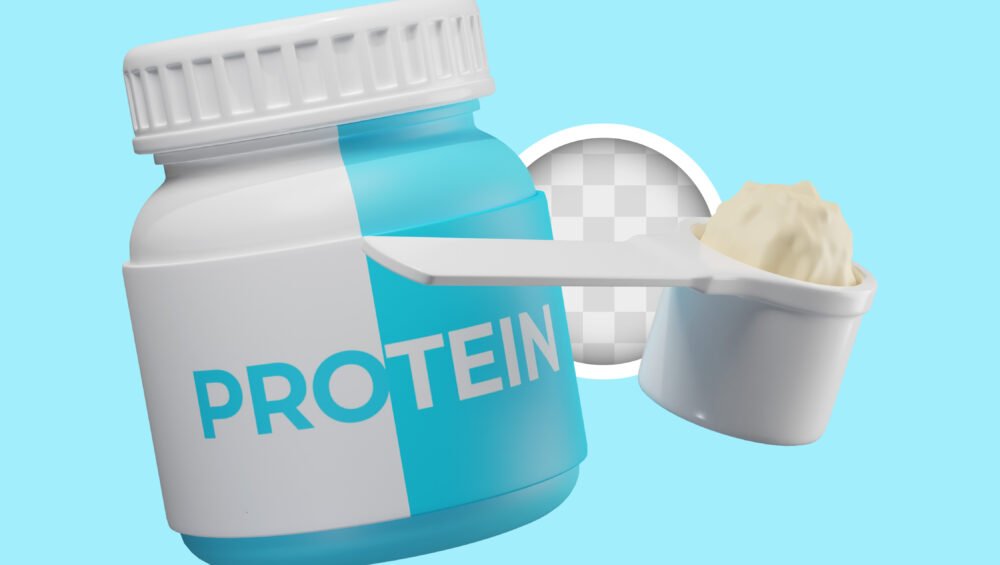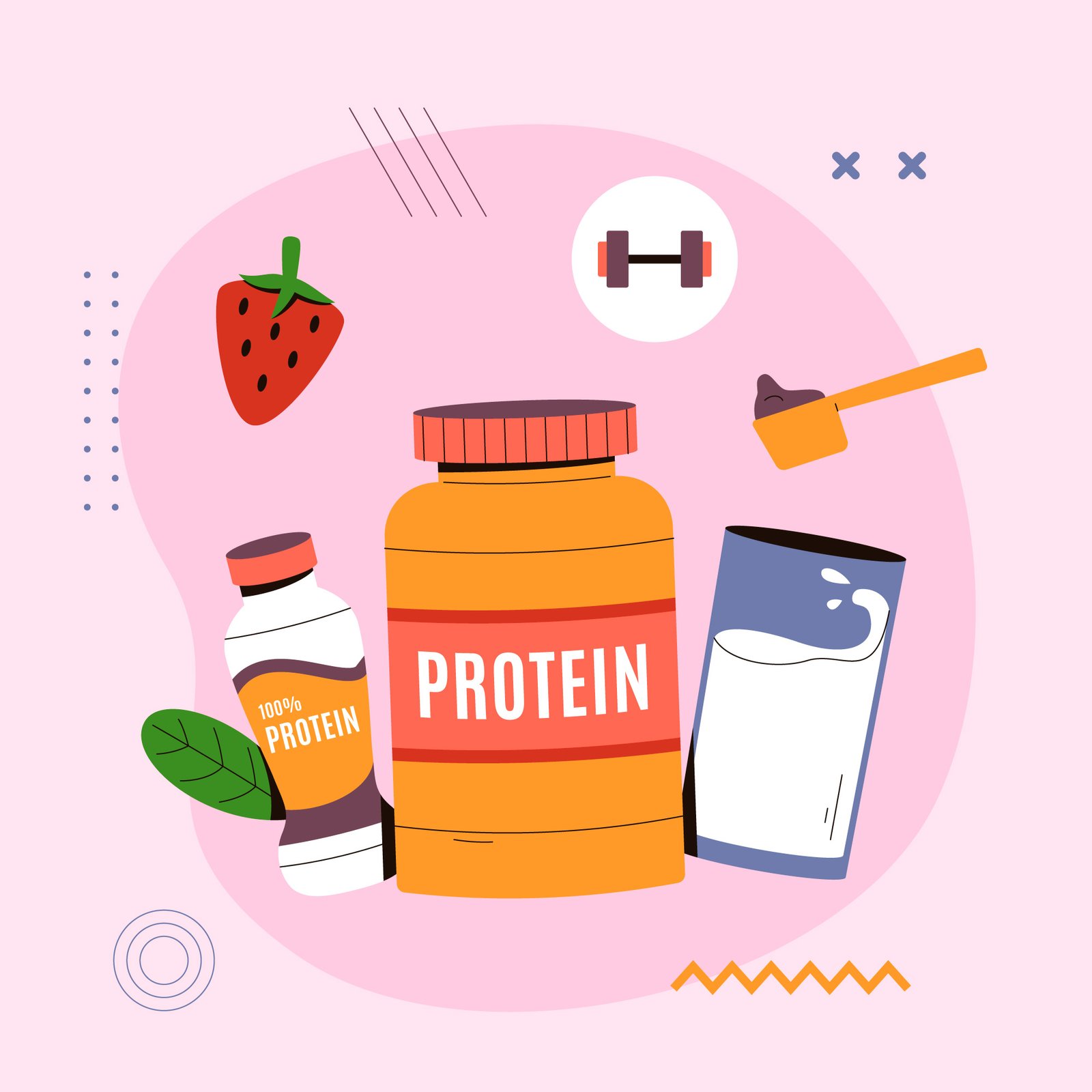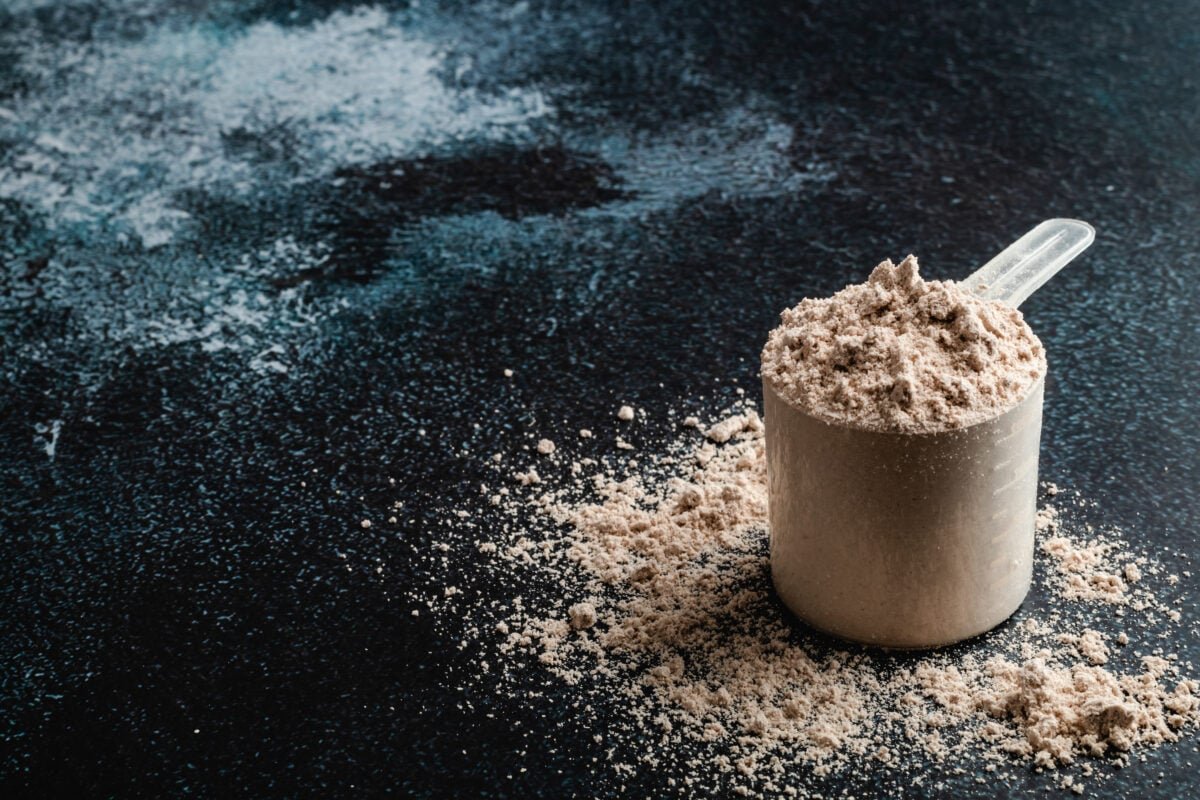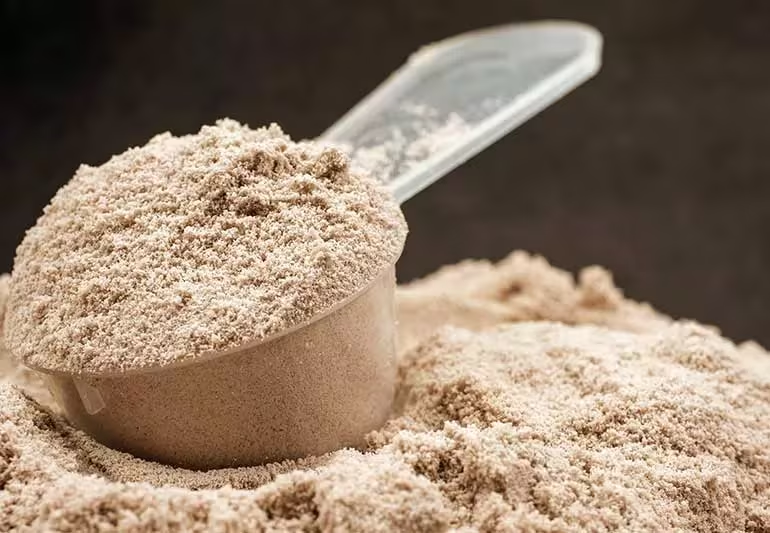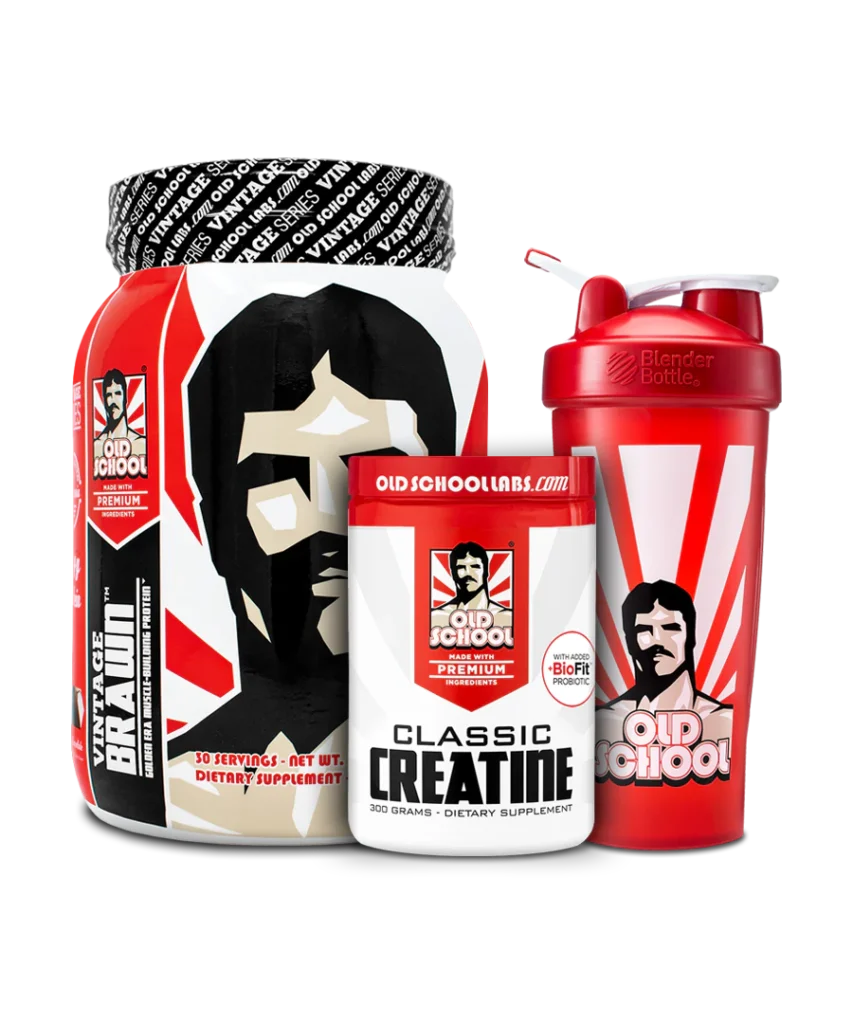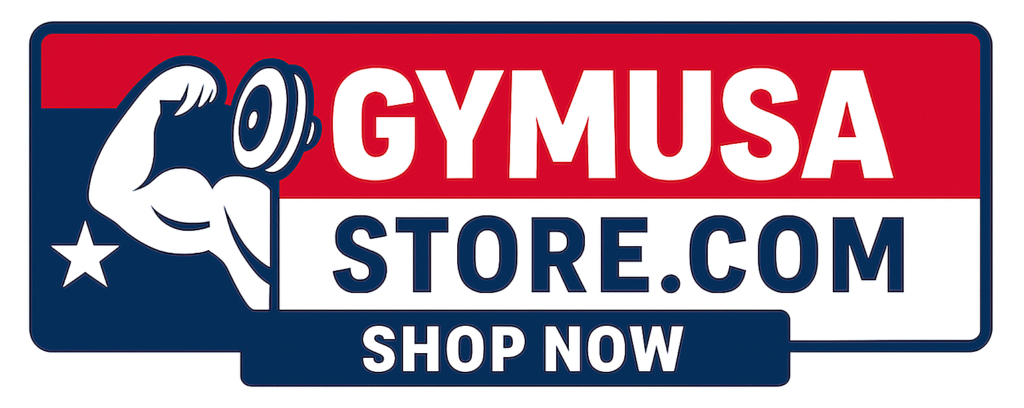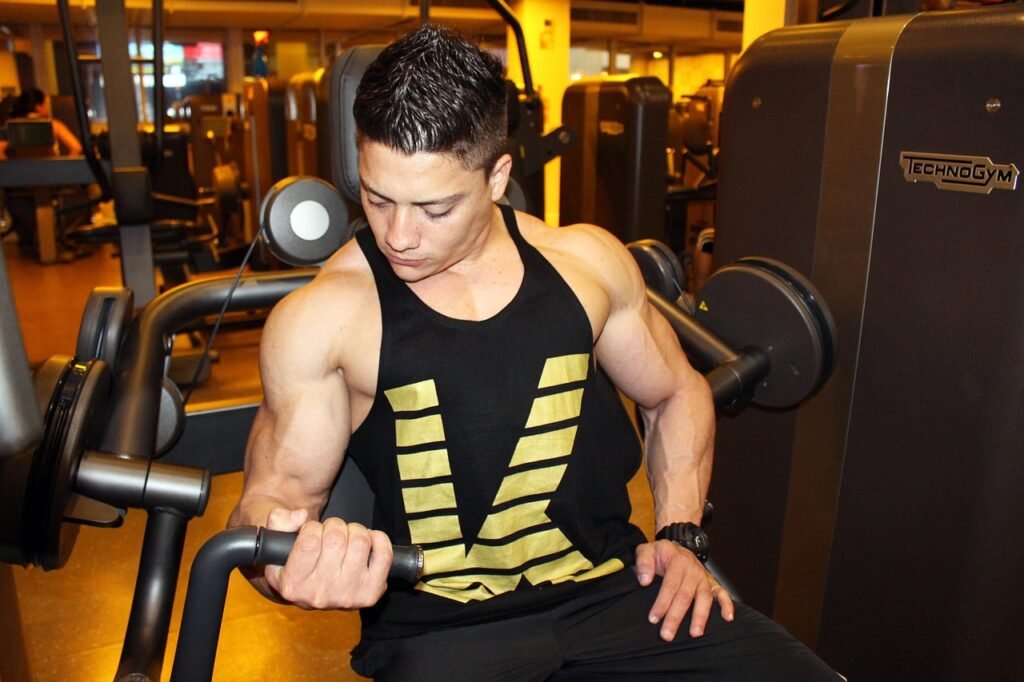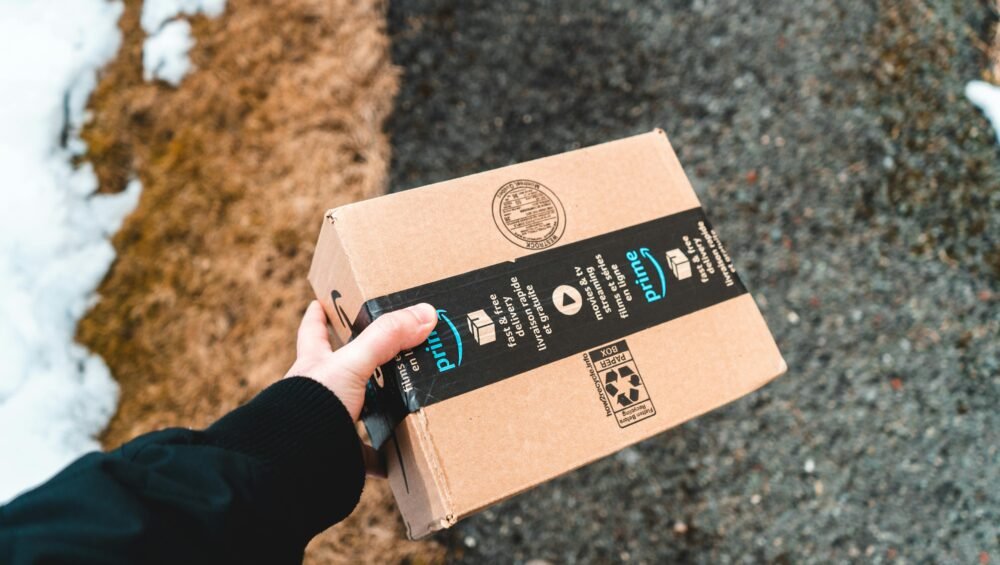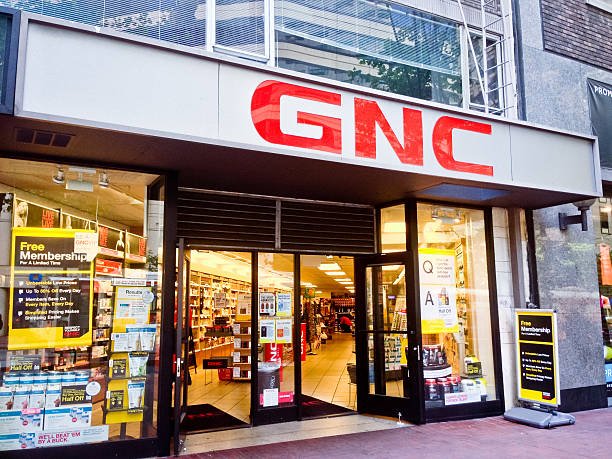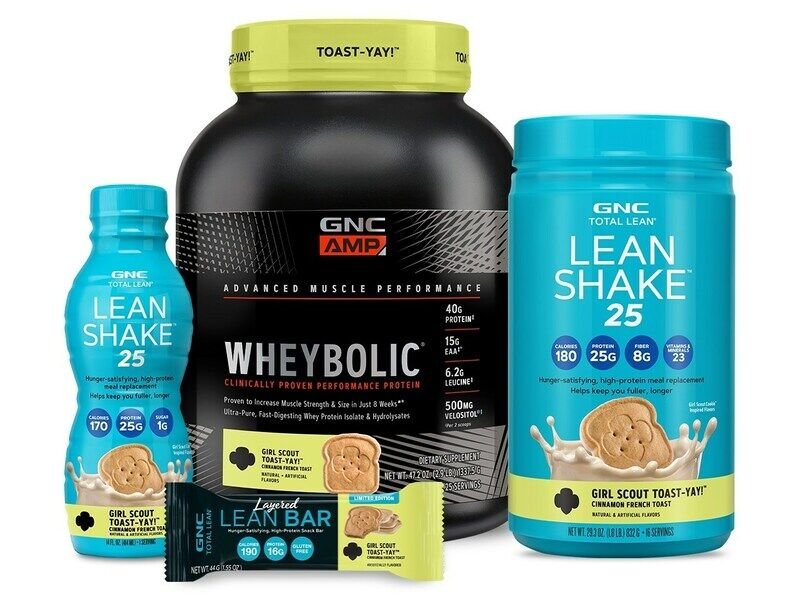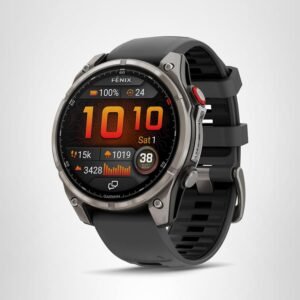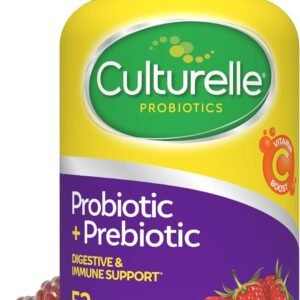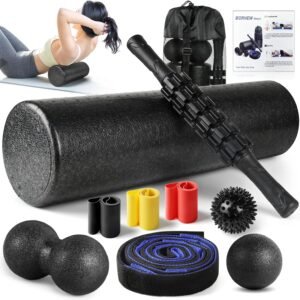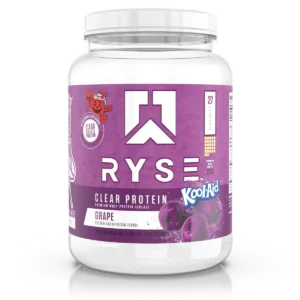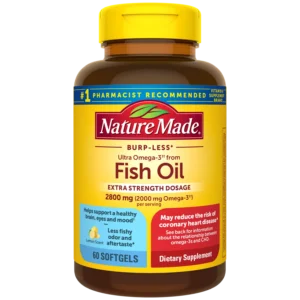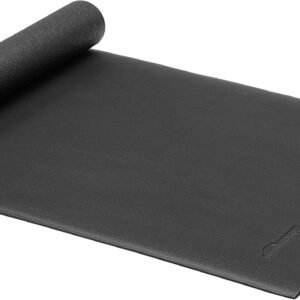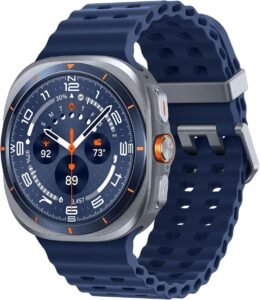Top 10 Pre-Workout Supplements Ranked by Effectiveness
You’ve set the alarm for 5 AM. You’ve packed your gym bag. You’re mentally prepared to crush your legs, back, or chest. But as you stumble into the kitchen, half-asleep, a critical question arises: What will fuel this impending assault on your limits? For millions of athletes, bodybuilders, and fitness enthusiasts, the answer lies in a single scoop of pre-workout powder.
The pre-workout supplement market is a booming, often bewildering, landscape. Walk down the supplement aisle or browse online, and you’re met with a cacophony of neon tubs, explosive names, and bold claims. It’s easy to get lost in the marketing hype. That’s precisely why we’re here—to cut through the noise with a data-driven, evidence-based analysis.
Our mission is not just to list popular products, but to rank the top 10 pre-workout supplements based primarily on one criterion: scientific effectiveness. We’ve dissected the formulas, evaluated the dosages of key ingredients against clinically studied amounts, and considered factors like transparency, value, and user experience. This is your definitive guide to finding the perfect chemical co-pilot for your training sessions.
Pre-Workout as a Performance Lens, Not Just an Energy Drink
A pre-workout should be understood as a performance lens—it amplifies whatever foundation you bring into the session. If sleep, hydration, and nutrition are dialed in, the right formula can sharpen output, extend working sets, and improve neural drive. If they are not, even the strongest stimulant cocktail will merely mask fatigue. This is why scientifically dosed ingredients like Citrulline and Beta-Alanine matter more than sheer caffeine load: they enhance physiological capacity rather than borrowing energy from tomorrow. The most effective pre-workouts don’t make you feel invincible—they make you measurably better under load.
Tolerance, Cycling, and the Long Game of Pre-Workout Use
One of the most critical yet ignored factors in pre-workout effectiveness is tolerance management. Chronic high-dose caffeine use desensitizes adenosine receptors, blunting both stimulatory effects and natural energy rhythms. Savvy athletes cycle stimulants strategically—using full-dose pre-workouts for high-intensity or PR-focused sessions, and lower-stim or stim-free formulas for volume days or evening training. This approach preserves sensitivity, improves sleep quality, and maintains long-term effectiveness. In other words, the best pre-workout protocol isn’t about maximum stimulation—it’s about sustainable performance progression over months and years.
Our Ranking Methodology: Beyond the Hype
Before we dive in, it’s crucial to understand our framework. We did not rank these based on flavor or which brand has the most influencers. Our ranking is built on a multi-point system:
- Ingredient Efficacy (40%): Does the product contain ingredients with robust scientific backing for improving performance? We prioritized formulas built on proven compounds like Citrulline Malate, Beta-Alanine, and Creatine.
- Dosage Transparency & Adequacy (30%): A “proprietary blend” is often a red flag for under-dosing. We rewarded products that fully disclose the amount of each ingredient and provide them in clinically effective doses (e.g., 6-8g of Citrulline Malate, 3.2g of Beta-Alanine).
- Stimulant Clarity & Safety (15%): Caffeine is the king of stimulants, but its source and amount matter. We favored products that clearly state their caffeine content (from anhydrous caffeine) over those with obscure “energy blends.”
- Value & User Feedback (15%): While science is primary, real-world results matter. We considered the cost per serving and aggregated consistent feedback from a wide range of users on factors like focus, pump, and energy without excessive side effects.
With this rigorous approach, let’s unveil the top 10 pre-workout supplements that truly deliver.
The Definitive Ranking: Top 10 Pre-Workout Supplements
#1: Transparent Labs PreSeries BULK
The Verdict: The Gold Standard of Evidence-Based Formulations.
Taking our top spot is Transparent Labs BULK, a product that exemplifies what a modern, high-performance pre-workout should be. It wins not with flashy marketing, but with an uncompromising commitment to transparency and efficacy.
- Key Ingredients & Dosage:
- Citrulline Malate (6g): A perfect clinical dose for dramatically increasing nitric oxide production, blood flow, and muscular endurance. This is the pump and performance cornerstone.
- Beta-Alanine (3.2g): The exact dose shown in studies to increase intramuscular carnosine levels, buffering acid buildup and delaying fatigue during high-intensity exercise.
- Betaine Anhydrous (2.5g): Shown to increase power output, strength, and muscular endurance.
- Caffeine Anhydrous (200mg): A substantial, clean energy hit that is clearly labeled, allowing users to tailor their intake.
- Alpha-GPC (150mg): A potent cholinergic compound that enhances focus, mind-muscle connection, and power output.
- Why It’s #1: There are zero proprietary blends. Every gram is accounted for. The formula is a masterclass in synergy—each ingredient is dosed correctly and works in concert to deliver explosive energy, skin-splitting pumps, and unparalleled endurance. It’s a stimulant-forward product, making it ideal for morning workouts or breaking through plateaus. For the athlete who wants no-compromise performance and total label transparency, BULK is unmatched.
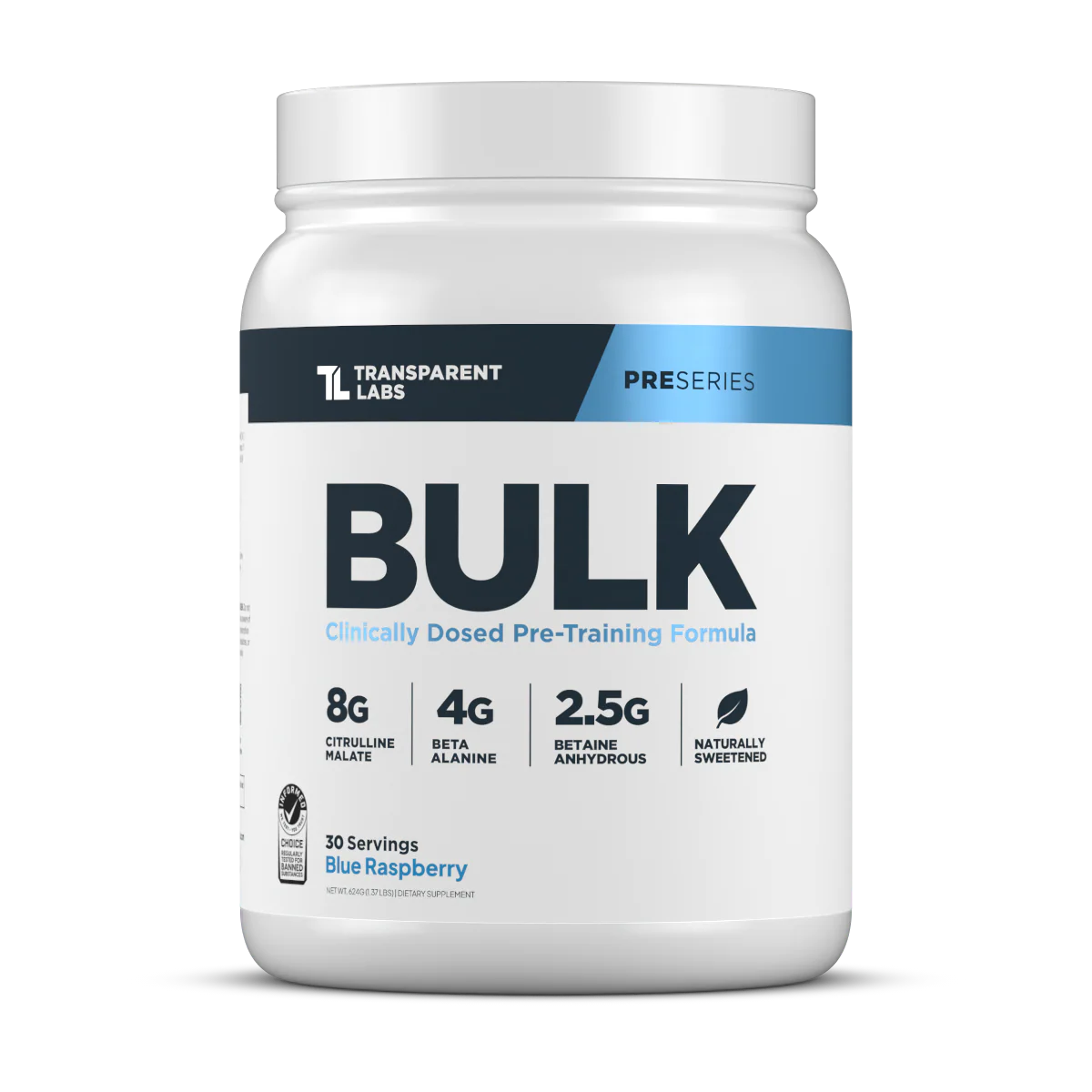
#2: Kaged Muscle Pre-Kaged
The Verdict: A Clean, Multi-Faceted Powerhouse for the Discerning Athlete.
Kaged Muscle Pre-Kaged is a perennial favorite for a reason. Founded by renowned bodybuilder Kris Gethin, the brand is built on a foundation of purity and potency. Pre-Kaged uses many whole-food sourced ingredients and avoids artificial fillers, resulting in a premium product that delivers across all fronts.
- Key Ingredients & Dosage:
- Citrulline (6g): Provided as Citrulline HCl and from watermelon extract, ensuring robust NO production.
- L-Citrulline & L-Tyrosine (2.5g): A synergistic combination for energy and endurance.
- Hydromax® Glycerol (2g): A game-changer for hydration and the “pump.” Glycerol draws water into muscle cells and vascular tissue, enhancing fullness and vascularity beyond what nitric oxide boosters alone can achieve.
- Fermented Creatine HCl (1.5g): A highly bioavailable form of creatine for strength and power.
- Caffeine from Green Coffee Bean (274mg): A clean, natural source of caffeine.
- Why It’s #2: Pre-Kaged’s inclusion of glycerol sets it apart, creating a next-level hydration and pump effect. The use of fermented ingredients and organic compounds speaks to its quality. It provides a tremendous boost in energy, focus, and performance, with a formula that feels both potent and clean. It’s a close second, appealing to those who prioritize clean labels and innovative ingredients.
#3: Legion Athletics Pulse
The Verdict: The Intelligent Choice for the Informed Consumer.
Legion Athletics, founded by health scientist Mike Matthews, operates with a philosophy similar to Transparent Labs: evidence-based, fully transparent, and no proprietary blends. Pulse is their flagship pre-workout, and it’s brilliantly formulated for a balanced yet powerful effect.
- Key Ingredients & Dosage:
- Citrulline Malate (6g): Again, the clinical dose for pumps and endurance.
- Beta-Alanine (3.2g): The full clinical dose for fatigue reduction.
- Betaine Anhydrous (2.5g): For increased power and strength.
- L-Theanine (350mg) & Caffeine (350mg): This is Pulse’s secret weapon. The 1:1 ratio of L-Theanine to Caffeine is scientifically proven to smooth out the jittery effects of caffeine, promoting a state of calm, laser-sharp focus without the crash.
- Why It’s #3: Pulse is for those who are sensitive to stimulants or dislike the “over-caffeinated” feeling. The L-Theanine/Caffeine combo provides incredible focus and sustained energy. Like our top pick, its label is 100% transparent. It may be slightly less intense on the initial “kick” than BULK, but its sophisticated, balanced approach to energy and focus makes it a top-tier choice for daily training.
#4: Jacked Factory Nitrosurge
The Verdict: High-Octane Performance Without the Proprietary Blends.
Jacked Factory is another brand that has earned a loyal following by prioritizing transparent, effective formulas at a competitive price point. Nitrosurge is a potent, stimulant-based pre-workout designed for maximum intensity.
- Key Ingredients & Dosage:
- Citrulline Malate (6g): Consistent with the top performers.
- Beta-Alanine (3.2g): Full clinical dose.
- Glycerol Powder (2g): Similar to Pre-Kaged, this inclusion enhances hydration and pumps significantly.
- Taurine (2g): An amino acid that can support hydration, muscle contraction, and may help counteract nervous system fatigue.
- Caffeine Anhydrous (250mg): A strong, clean stimulant dose.
- Why It’s #4: Nitrosurge is a straightforward, hard-hitting formula. It doesn’t have the extra nuances of Alpha-GPC or L-Theanine, but it delivers massively on the core pillars: energy, pump, and endurance. Its transparency and inclusion of glycerol at a solid dose make it an excellent value and a fantastic option for those seeking a powerful, no-frills energy blast.
Related Products
-
Alpha Lion Mass Monster Stack
Original price was: $268.41.$169.99Current price is: $169.99. -
Ancient Nutrition Whey Protein + Fat Loss Blend
$59.95 -
Animal 100% Whey Protein
$52.45 -
Animal Balanced Meal Whole Food Protein Supplement
Original price was: $73.75.$69.95Current price is: $69.95.
#5: Optimum Nutrition Gold Standard Pre-Workout
The Verdict: The Trusted Name, Finally with a Transparent Formula.
Optimum Nutrition is a household name, but their original pre-workout suffered from a proprietary blend. Their updated Gold Standard Pre-Workout is a massive step in the right direction, offering a well-rounded and fully disclosed formula from a brand you can trust.
- Key Ingredients & Dosage:
- Creatine Monohydrate (3g): The gold standard of creatine, included for strength and power. A great addition for those not taking creatine separately.
- Citrulline (2g): While effective, this is lower than the ideal 6-8g dose. This is the formula’s main weakness for pure pump seekers.
- Beta-Alanine (2g): Also slightly under-dosed compared to the 3.2g clinical sweet spot, but still effective.
- Caffeine (175mg): A moderate dose, great for intermediate users or those with lower caffeine tolerance.
- Why It’s #5: ON’s formula may not be the most aggressive, but it’s incredibly solid, reliable, and accessible. The inclusion of 3g of Creatine Monohydrate is a huge plus. It’s a fantastic “all-in-one” option for the general lifter who wants a clean energy boost, some pump, and the benefits of creatine without an overwhelming stimulant experience.
#6: Cellucor C4 Original
The Verdict: The Gateway Pre-Workout That Started a Revolution.
It’s impossible to talk about pre-workouts without mentioning Cellucor C4. It popularized the category for a generation of gym-goers. While its formula uses a proprietary blend (a mark against it in our rankings), its effectiveness and popularity are undeniable.
- Key Ingredients (Blend Disclosure):
- Creatine Nitrate: A patented form that may offer better solubility than monohydrate.
- Beta-Alanine (as part of a blend): Likely under-dosed based on the blend size.
- Arginine AKG: A precursor to nitric oxide, though less effective than Citrulline.
- Caffeine (150mg per scoop): A lighter dose, making it adaptable.
- Why It’s #6: C4’s strength is its “feel.” The inclusion of niacin (Vitamin B3) causes a characteristic “tingle” (vasodilation) that many users associate with the product working. It provides a clean, noticeable energy boost and a decent pump. While it’s not the most potent or transparent formula anymore, its consistency, great flavors, and accessibility make it a reliable choice for beginners.
#7: Pre Jym by JYM Supplement Science
The Verdict: A Scientifically Complete Formula from a Industry Pioneer.
Dr. Jim Stoppani is a well-known figure in fitness science, and his Pre Jym product was designed to be the “complete” pre-workout. It’s a robust formula with a wide array of ingredients, all disclosed in a “Proprietary Matrix” that actually lists the amounts of each component—a step above traditional hidden blends.
- Key Ingredients:
- Creatine HCL (2g), Beta-Alanine (2g), Betaine (1.5g), Citrulline Malate (1g): The issue here is dispersion. While the total amount of ingredients is impressive, key components like Citrulline are significantly under-dosed compared to clinical standards when split across the recommended two scoops.
- Why It’s #7: Pre Jym’s ambition is commendable. It tries to do everything: pump, strength, energy, focus. However, this “kitchen sink” approach means that some critical ingredients aren’t dosed high enough to be maximally effective. It’s a high-quality product that works well, but it’s expensive and doesn’t optimize the doses of its star players as effectively as our top picks.
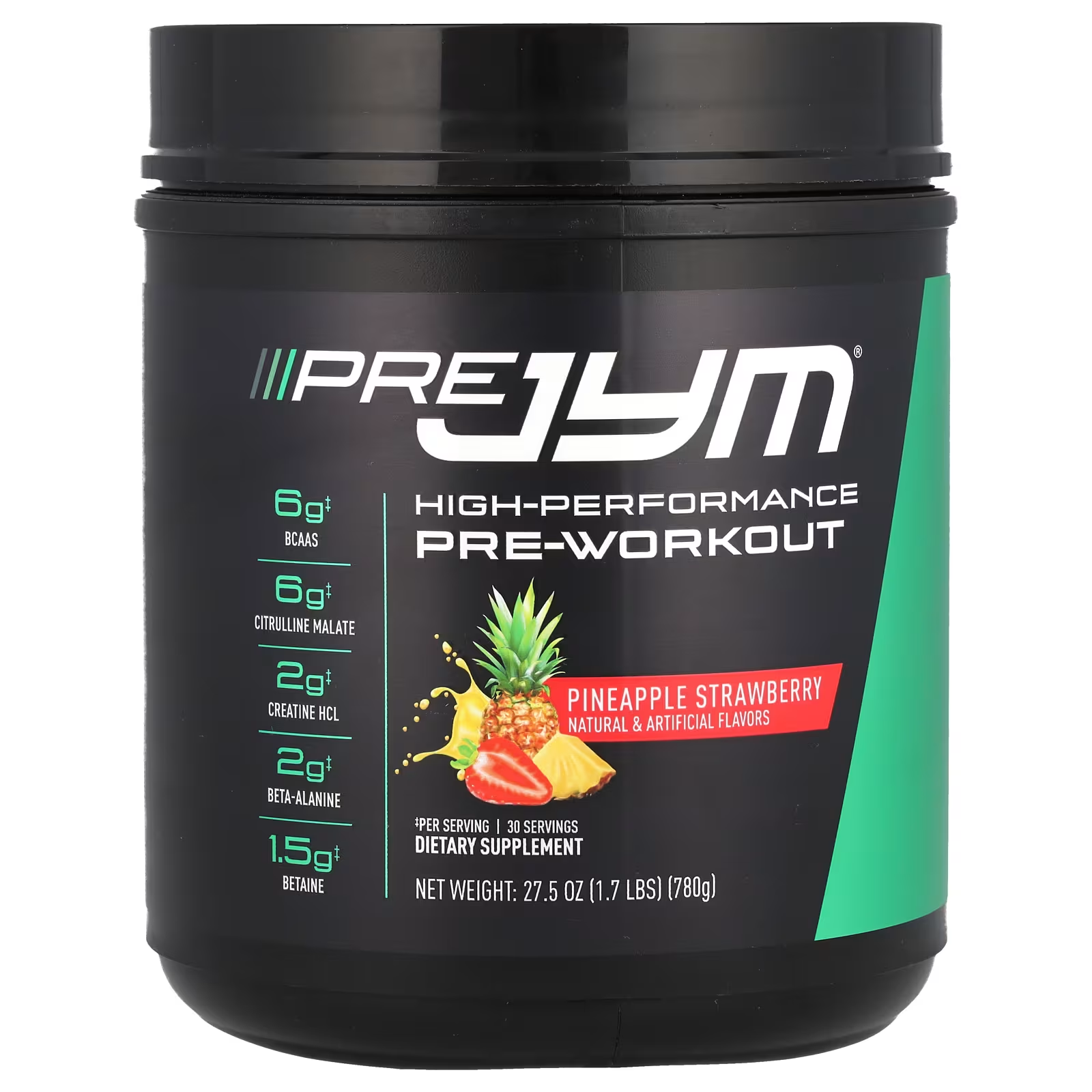
#8: Beast Sports Nutrition Beast Mode
The Verdict: A Potent Stimulant and Pump Experience.
Beast Mode is a popular choice for those seeking a powerful kick. It’s known for delivering intense energy and significant pumps, though it relies on a proprietary “Pump & Performance Matrix,” which limits our ability to fully validate its doses.
- Key Ingredients (Blend):
- L-Citrulline, Glycerol, Beta-Alanine: The combination is promising for pumps and endurance.
- Caffeine (Amount varies by version): Beast Mode offers different stimulant levels, which is a nice feature.
- Why It’s #8: User reports consistently praise the strong energy and solid pump effects. While the proprietary blend is a drawback, the product’s reputation and results place it in the conversation. It’s a step above more obscure brands but falls short of the transparency offered by the top half of our list.
#9: BSN NO-Xplode
The Verdict: A Classic Formula with Modern Updates.
Like C4, NO-Xplode is a classic in the pre-workout world. It has been reformulated over the years to keep up with trends. It provides a strong energy rush and a good pump, but it also contains a proprietary blend and some artificial ingredients.
- Key Ingredients (Blend):
- Contains a mix of Creatine, Beta-Alanine, and Citrulline, though specific doses are obscured.
- Why It’s #9: NO-Xplode is effective. Many long-time users swear by it. However, in a modern market that values transparency, it’s hard to recommend it over brands that show you exactly what you’re paying for. It remains a solid, commercially successful product, but it’s been surpassed by more innovative and honest formulations.
#10: Old School Labs Vintage Blast
The Verdict: A “Natural” Feeling Pre-Workout for the Purist.
Old School Labs markets itself with a retro, clean-branding aesthetic. Vintage Blast follows suit, aiming for a more natural energy source from ingredients like Green Tea and Green Coffee Bean, alongside core performance ingredients.
- Key Ingredients:
- Citrulline Malate (3g): Under-dosed for optimal effect.
- Beta-Alanine (2g): Also below the clinical dose.
- Natural Caffeine (150mg): A moderate, clean dose.
- Why It’s #10: Vintage Blast is a good option for those with a very low stimulant tolerance or who are wary of artificial ingredients. However, the under-dosing of its key active compounds limits its effectiveness for serious athletes seeking maximum performance. It’s a gentle introduction to pre-workouts but lacks the potency of higher-ranked products.
The Final Rep: Your Choice Depends on Your Goal
The “best” pre-workout is not a one-size-fits-all answer. It’s a tool, and you must choose the right tool for the job.
- For the No-Compromise Athlete: Transparent Labs PreSeries BULK is your undisputed champion. Its transparency and optimally dosed formula are unmatched.
- For the Focus-Seeking Mind: Legion Pulse provides a uniquely smooth, focused energy that is perfect for technical lifts or after-work training sessions.
- For the Pump Enthusiast: Kaged Muscle Pre-Kaged and Jacked Factory Nitrosurge, with their added glycerol, will deliver unparalleled vascularity and muscle fullness.
- For the Beginner: Optimum Nutrition Gold Standard Pre-Workout or Cellucor C4 Original offer a reliable, effective, and accessible entry point into the world of pre-workout supplementation.
No matter your choice, remember that a pre-workout is a supplement to a solid foundation: consistent training, impeccable nutrition, and adequate recovery. Use it wisely to enhance your efforts, not replace them. Now, go fuel that fire and crush your next workout.
Disclaimer: Always consult with a healthcare professional before beginning any new supplement regimen. The information contained in this article is for educational purposes only and is not intended as medical advice. Individual results may vary.
